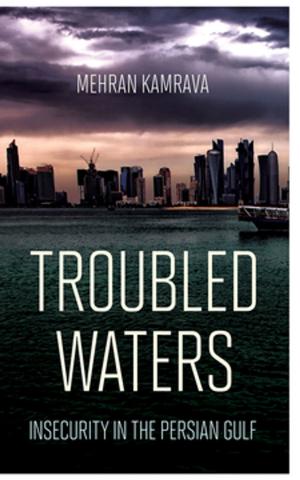World War D
The Case against prohibitionism, roadmap to controlled re-legalization
Nonfiction, Social & Cultural Studies, Political Science, International, International Security| Author: | Jeffrey Dhywood | ISBN: | 9780984690428 |
| Publisher: | Columbia Communications Inc | Publication: | March 6, 2013 |
| Imprint: | Language: | English |
| Author: | Jeffrey Dhywood |
| ISBN: | 9780984690428 |
| Publisher: | Columbia Communications Inc |
| Publication: | March 6, 2013 |
| Imprint: | |
| Language: | English |
“World War-D” is a rigorous, well-documented and comprehensive approach to prohibitionism, psychoactive substances and drug policy reform from a global perspective. The book is broken down in 3 sections:
Section 1: A methodical, well-argued and compelling case against prohibitionism: Origin, history, unintended consequences and ultimate failure of the War on Drugs. Why prohibitionism is not practically enforceable in a free-market economy..
Section 2: General overview of psychoactive substances (legal, prescription or illicit), their neurochemistry and their abuse potential, irrespective of their legal status
Section 3: Critical analysis of prohibitionism with a realistic and pragmatic roadmap to global controlled legalization
“World War D” revolves around the simple but fundamental question: “Can organized societies do a better job than organized crime at managing and controlling psychoactive substances?” which is placing the bar very low. I obviously think they can, and I explain why and how. After all, the vast majority of psychoactive substances, including the two deadliest, are already legal and more or less efficiently controlled.
Going beyond the often simplistic characterizations of the War on Drugs rhetoric, “Word War D” clearly demonstrates that prohibition is the worst possible form of control. The so-called “controlled substances” are effectively out of control, or rather, are controlled by the underworld at a staggering and ever-growing human, social, economic and geo-political cost to the world.
The book is important because it looks at all the major issues raised by the war on drug from a global perspective, often with a novel and illuminating approach. It offers a reasoned critic of the prohibitionist model and its underlying ideology with its historical and cultural background. It lays out a concrete, pragmatic and realistic roadmap to global re-legalization under a multi-tiers “legalize, tax, control, prevent, treat and educate” regime with practical and efficient mechanisms to manage and minimize societal costs.
Far from giving up and far from an endorsement, controlled legalization would be finally growing up; being realistic instead of being in denial; being in control instead of leaving control to the underworld. It would abolish the current regime of socialization of costs and privatization of profits to criminal enterprises, depriving them of their main source of income and making our world a safer place.
102 years after the launch of global drug prohibition, 41 years after the official declaration of the war on drugs, few months after the legalization of marijuana in Colorado and Washington, “World War D” is an important and timely book. As the wave of support for drug reform keeps growing throughout the world, from church groups to retired law enforcement, to the NAACP, to Kofi Annan, George Shultz, Paul Volcker, and a string of former Latin American and European head of states, the concept of legalization is rapidly moving from fringe lunacy to the mainstream. Yet, to this day, no book has addressed the issue in such an analytic, global and comprehensive way.
The book is intended for an international audience and aims to be a major contribution to the War on Drugs debate.
“World War-D” is a rigorous, well-documented and comprehensive approach to prohibitionism, psychoactive substances and drug policy reform from a global perspective. The book is broken down in 3 sections:
Section 1: A methodical, well-argued and compelling case against prohibitionism: Origin, history, unintended consequences and ultimate failure of the War on Drugs. Why prohibitionism is not practically enforceable in a free-market economy..
Section 2: General overview of psychoactive substances (legal, prescription or illicit), their neurochemistry and their abuse potential, irrespective of their legal status
Section 3: Critical analysis of prohibitionism with a realistic and pragmatic roadmap to global controlled legalization
“World War D” revolves around the simple but fundamental question: “Can organized societies do a better job than organized crime at managing and controlling psychoactive substances?” which is placing the bar very low. I obviously think they can, and I explain why and how. After all, the vast majority of psychoactive substances, including the two deadliest, are already legal and more or less efficiently controlled.
Going beyond the often simplistic characterizations of the War on Drugs rhetoric, “Word War D” clearly demonstrates that prohibition is the worst possible form of control. The so-called “controlled substances” are effectively out of control, or rather, are controlled by the underworld at a staggering and ever-growing human, social, economic and geo-political cost to the world.
The book is important because it looks at all the major issues raised by the war on drug from a global perspective, often with a novel and illuminating approach. It offers a reasoned critic of the prohibitionist model and its underlying ideology with its historical and cultural background. It lays out a concrete, pragmatic and realistic roadmap to global re-legalization under a multi-tiers “legalize, tax, control, prevent, treat and educate” regime with practical and efficient mechanisms to manage and minimize societal costs.
Far from giving up and far from an endorsement, controlled legalization would be finally growing up; being realistic instead of being in denial; being in control instead of leaving control to the underworld. It would abolish the current regime of socialization of costs and privatization of profits to criminal enterprises, depriving them of their main source of income and making our world a safer place.
102 years after the launch of global drug prohibition, 41 years after the official declaration of the war on drugs, few months after the legalization of marijuana in Colorado and Washington, “World War D” is an important and timely book. As the wave of support for drug reform keeps growing throughout the world, from church groups to retired law enforcement, to the NAACP, to Kofi Annan, George Shultz, Paul Volcker, and a string of former Latin American and European head of states, the concept of legalization is rapidly moving from fringe lunacy to the mainstream. Yet, to this day, no book has addressed the issue in such an analytic, global and comprehensive way.
The book is intended for an international audience and aims to be a major contribution to the War on Drugs debate.





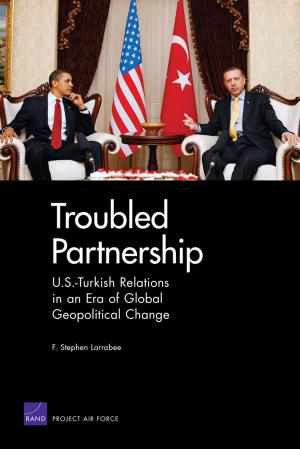

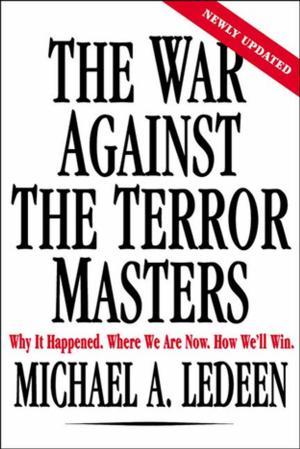

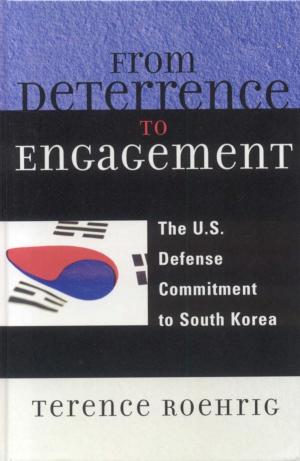
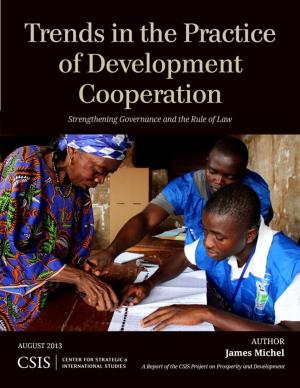


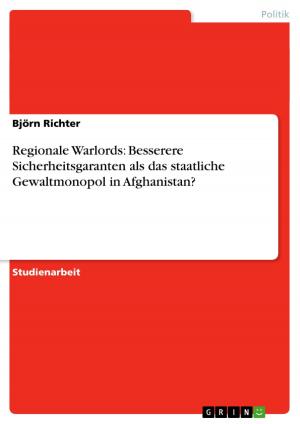
![Cover of the book China and International Security: History, Strategy, and 21st-Century Policy [3 volumes] by Jeffrey Dhywood](https://www.kuoky.com/images/2014/april/300x300/9781440800023-RAHu_300x.jpg)
